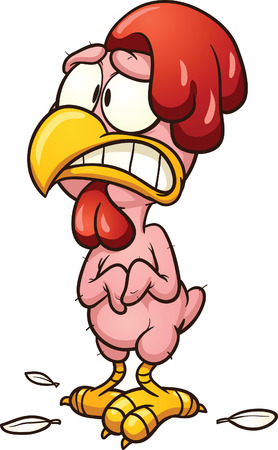
There are many writers and, apparently, more than a few editors who think that to be and some of its conjugations are not actual verbs. I regularly encounter headings like this: Blabworth is Picked to be Next Publisher.
This grammatical confusion is exposed in titles using the conventional upper and lowercase system that calls for capitalizing verbs. It is not an issue in heading styles that are all down or all caps. A struggling publication that chooses the latter can safely employ editors who played hooky when parts of speech were taught.
But upper and lower prevails in most other documents, and that’s where I find headings that deny is, are and be their obligatory cap. I used to blame this on the narrow space the be verbs occupy, much like the common prepositions of, in and on that are never capitalized. A small dog is always a puppy and, for the bewildered, a small verb is, perforce, a preposition.
Titles are not democratic: verbs and nouns are stars, sharing the spotlight with adverbs, adjectives and pronouns. Prepositions play supporting roles. Articles and conjunctions rarely appear. We validate this inequality by denying an honorific capital letter to subsidiaries.
Many style guides, however, seemingly out of pity, call for uppercase if the junior player has four or more letters, a sensible exemption. Without a capital throughout or underneath, a heading or book title looks as naked as a plucked chicken. Such mercy, unfortunately, does little for a verb shy of the four-character minimum that gets treated as a humiliating preposition.
I have revised my indictment, though, and no longer feel my small verb hypothesis explains everything. Other players in this class (do, go, fix, run, had) are rarely slighted. Why?
Those of you who weren’t playing hooky will recall your teacher writing a sentence on the board, underlining the verb and declaring, “This expresses the action of the thought!” Of course! Verbs signify action, perhaps the easiest part of speech to grasp.
But where is the action if a couch potato is watching a baseball telecast? Or if Hamlet simply continues to be? The existential character of this verb dampens any promise of activity.
We wouldn’t even be discussing this if everyone paid attention to the New York Times sages who long ago advised editors to avoid the be team because they’re all weak verbs that deliver only banal heads. To illustrate they juxtapose Jones Is New Mayor with Jones Wins Mayoralty.1
Were they suggesting that be verbs don’t deserve full recognition, after all?
~~~
Previous “Wasted Words” post: The Phantom Client.
The Editors’ Weekly is the official blog of Editors Canada. Contact us.
1 Garst, Robert E., and Theodore Bernstein, Headlines and Deadlines: A Manual for Copyeditors. New York: Columbia UP, 1933.
Discover more from The Editors' Weekly
Subscribe to get the latest posts sent to your email.
